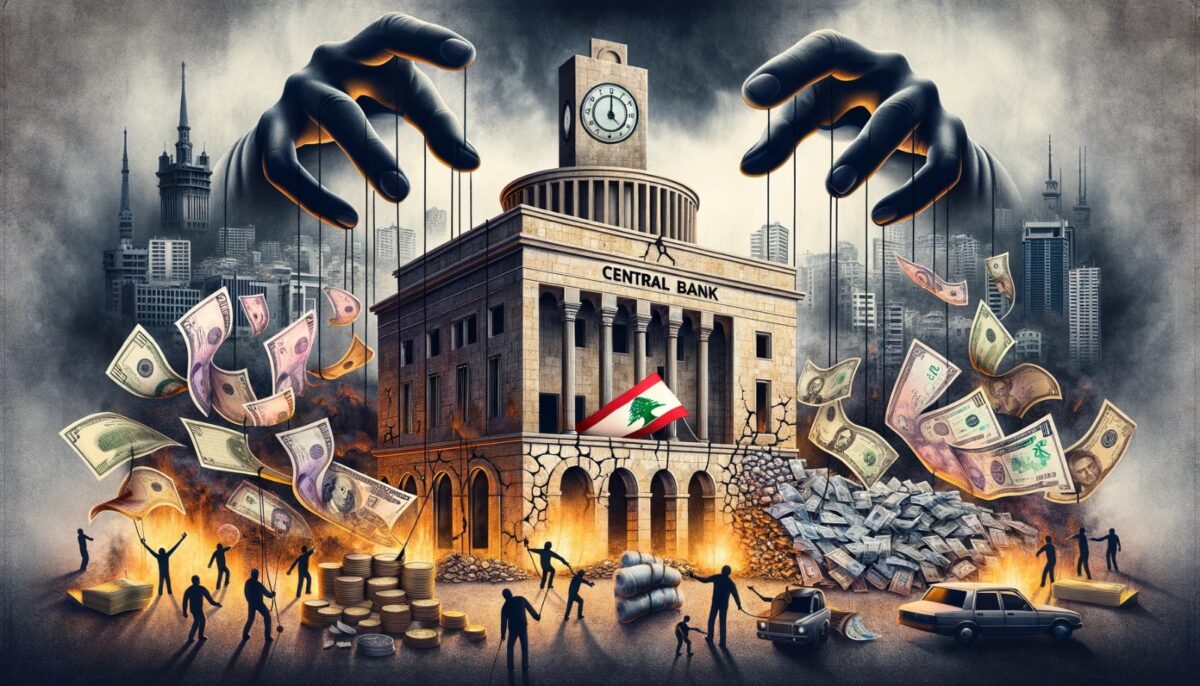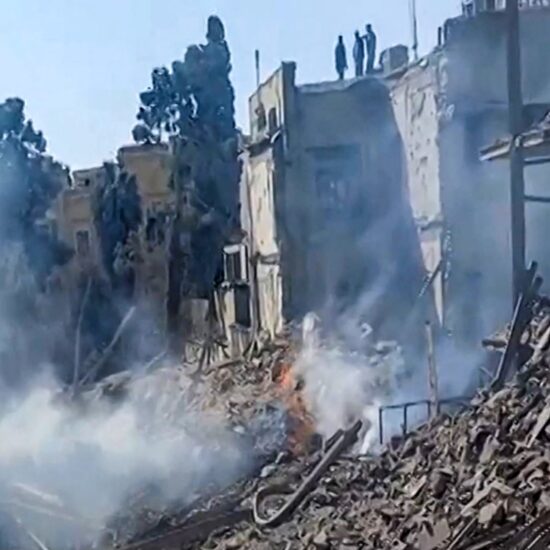
The intertwining of Lebanon’s monetary policy with its political realities: how interests, ideologies, preferences, and power dynamics among political élites contribute in shaping the country’s current economic status quo
The financial and economic crisis has inadvertently provided Lebanese citizens with an intensive economics, finance, and banking crash course. Yet, like any learning experience, this economic education has been heavily influenced by the perspectives and biases of those imparting the information, shaped by their schools of thought, initial assumptions, and underlying motivations.
A recent statement from the Minister of Energy and Water regarding Electricité du Liban’s (EDL) inability to cover fuel costs has ignited a debate about the rationale behind the Central Bank’s accumulation of approximately 5.0 billion US dollars in public sector deposits in dollars and Lebanese lira. Similarly, the CEO of OGERO, the landline and internet provider, has lamented the Ministry of Finance’s sluggishness in disbursing funds urgently needed for repairs, warning of potential internet service disruptions.
When parliament approved the 2024 budget last January, the caretaker government and legislators pledged that increased direct and indirect taxes would be reinvested to benefit Lebanese citizens, enhancing social spending and improving service delivery and infrastructure. These recent incidents serve as a stark reminder that expectations seldom align with reality in Lebanon. Despite higher tax burdens, service quality continues to deteriorate while revenues are piling up at the Central Bank. Sources close to the Central Bank informed different media outlets that the caretaker governor’s policy mandates strict adherence to budgeted expenditures, blaming the government for inadequate accounting of all expenses.
Some argue that these incidents are nothing new. Globally, politicians often deflect blame toward central banks during economic downturns, especially when pressured to implement austerity measures. The 2024 budget effectively constitutes an austerity budget, projecting balanced revenues and expenditures, thus aiming for a zero deficit. Fuel payments and other urgent expenditures were deliberately excluded from the budget. Beyond meeting the constitutional deadline for parliamentary submission, the budget offers little else to commend it, resembling more of an accounting exercise devoid of economic vision and lacking commitment to fiscal and structural reforms.
Today, the Central Bank’s proclaimed objective is to revive confidence and stability. It succeeded in doing so by unifying exchange rates, scrapping Sayrafa’s platform, and stabilising the exchange rate. For the past year, the USD/LBP exchange rate has been stable at 89,500.
Sustaining a fixed exchange rate
Maintaining a fixed exchange rate is not a novel objective. Lebanon operated under a pegged system from 1997 until its collapse in September 2019. Whether a fixed or flexible exchange rate system is more beneficial for an economy is debatable, each presenting its advantages and drawbacks. Nobel Laureate Paul Krugman once argued that “economics is not a set of answers. It is a way of asking questions, situating you within a political context.” In other words, economic policies are deeply intertwined with political realities, shaped by interests, ideologies, preferences, and power dynamics among political élites. Therefore, while fixing the exchange rate may not always align with economic logic, it often does so with political imperatives.
Sustaining a fixed exchange rate for more than two decades pushed the boundaries of core economic theories, particularly the impossible trinity or trilemma theory, which states that a country cannot simultaneously achieve a fixed exchange rate, free capital flow, and independent monetary policy. While Lebanon managed this trilemma for twenty-two years, it did so at a considerable cost: the rapid depletion of foreign reserves. Another consequence was the artificial increase in purchasing power for Lebanese citizens, resulting in higher consumption, increased imports, and consequently widening the trade deficit.
Today, the Central Bank is reviving the fixed exchange rate system through frequent interventions in the foreign exchange markets. However, the crucial missing link remains the commercial banks. Commercial banks play a pivotal role in implementing monetary policy, acting as intermediaries between the Central Bank and the public, influencing the economy’s money supply and credit availability.
Currently, the Central Bank manages exchange rate stability and controls the money supply through exchange dealers due to commercial banks’ inability to fulfil their essential functions. This directly reflects the political élite’s failure or unwillingness to pass a new banking resolution law through the government and parliament, which would enable the banking sector to resume operations and revive the economy. Presently, many Lebanese are unbanked or lack access to banking services, relying instead on unregulated digital wallets, predatory lenders, and political or sectarian microfinance institutions.
Mirroring political élites’ modus operandi
The caretaker leadership at the Central Bank should not shoulder sole blame for Lebanon’s current economic woes. While it plays a critical role in managing monetary policy, the decision to fix the exchange rate ultimately rests on political grounds. This decision reflects the modus operandi of the political élite, which prioritizes the interests of commercial banks and other political or sectarian factions. These vested interests perceive comprehensive economic reforms as threats, while political élites prioritize survival by maintaining patronage networks, particularly within the public sector.
To achieve this objective, the government drafts a budget that is swiftly approved by the parliament, increases public sector salaries, and simultaneously raises taxes on the private sector. The Central Bank is tasked with fixing the exchange rate artificially, creating a facade of improved purchasing power for public sector employees. Regrettably, these actions come at the expense of depositors’ rights and deny the Lebanese the right to improved service delivery.
Renowned economist Milton Friedman famously stated that “if you put the federal government in charge of the Sahara Desert, in five years, there would be a shortage of sand.” Sadly, in the Lebanese context, the sand corresponded to the depositors’ money.
Khalil Gebara is an academic and researcher.
The views in this story reflect those of the author alone and do not necessarily reflect the beliefs of NOW.








